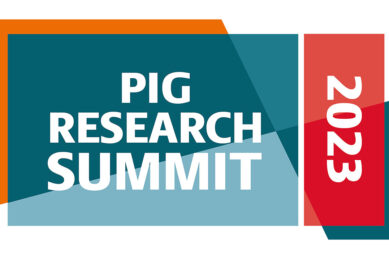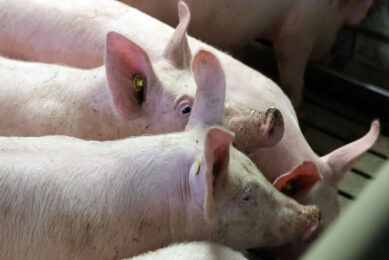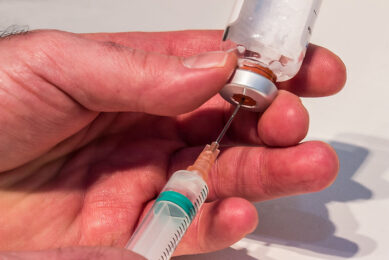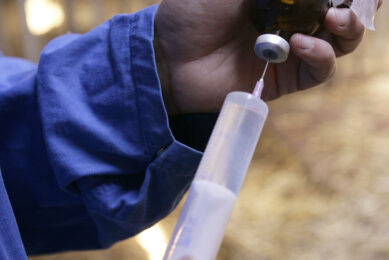Better health begins with robust piglet immunity
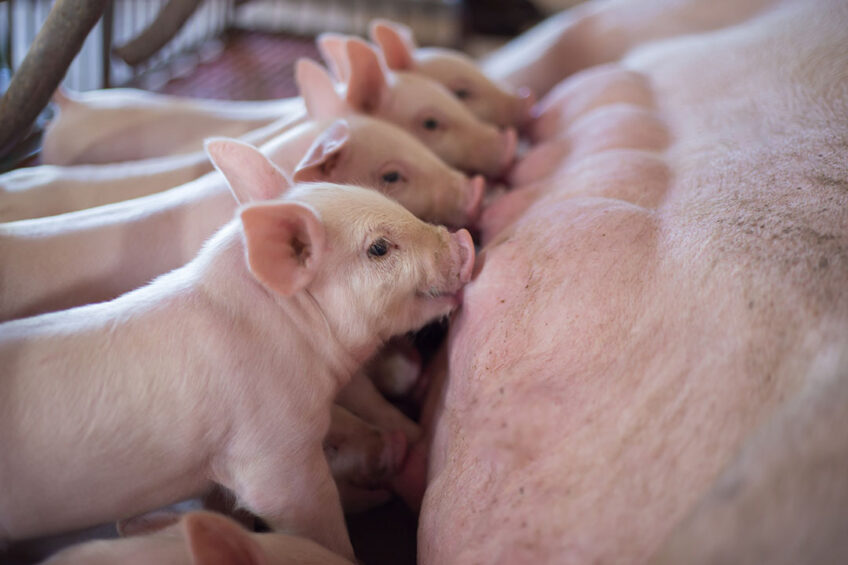
Disease has never been so top of mind for swine producers than it is today. Reliable strategies of the past such as antibiotics are no longer sustainable options for the future, therefore the industry must look elsewhere for strategies to optimise the health of young vulnerable pigs in particular, which ultimately drives lifetime production efficiency.
In the last number of years, the global pork industry has experienced severe disease challenges from viruses such as PED and more recently African Swine Fever that have threatened the very future of swine production in some regions. The safety net of AGPs, once relied upon as the cornerstone of intestinal health management, are no longer a viable option to support sustainable swine production. Likewise, in the not too distant future therapeutic ZnO will also be scratched from the list of viable tools to support young pig health in Europe.
Immunity is the best defence
However, this search often overlooks the most critical defence mechanism of all, the pigs own immune system. Whilst immunity is vital for life, it comes at a cost to production efficiency and as such warrants due consideration. There are 2 main categories of immunity, innate immunity is the type pigs are born with and adaptive immunity is the type that develops over time in response to foreign antigens. Innate immunity, which is rapid but non-specific, is energetically cheap to develop but expensive to use. However, adaptive immunity is potent but slower to respond and is costly to create but economical to run.
The challenge with modern production
Piglets at birth are reliant on sows colostrum supplying protective factors and their own innate immune response to protect against pathogens until their adaptive immunity develops. Modern swine production practices result in pigs being weaned from sows before their own adaptive immunity is fully developed. This creates a window of susceptibility during that immediate post-weaning period when the pig is particularly vulnerable to infection. In addition, piglets are also confronted by a new wave of antigens coming from an abrupt change in diet from mothers milk to solid feed, a new environment and dramatic shifts in the gut microbiome. These challenges put immense pressure on the immune system, especially the mucosal immune system. Ideally, the mucosal immune system should be highly reactive to enteric challenges instigating an inflammatory response that clears these threats fast, while remaining largely unreactive to low risk threats. However, tolerance which is the ability of the immune system to distinguish between low risk antigens and genuine threats, is not fully functionally until approximately 8 weeks post-weaning. Therefore, the potential exists for the stress associated with weaning to initiate an immunological crisis in the gut resulting in excessive inflammation and damage to the intestinal barrier.
Figure 1 – DSM Immunity Booster: A multi-component approach to optimising immune function through nutrition.

Immune optimisation through a multi-component approach
The ultimate goal is to support immune development in pigs from birth, that is highly effective when it is needed but does not detract from growth when it is not. Balanced nutrition is a prerequisite for maintaining good health status. Immune cells require nutrients in the correct amount and balance to multiple and carry out their function when needed. However, the structure and function of the immune system is highly complex, so only a multi-component nutritional approach can effectively achieve appropriate stimulation and enhancement of different immune cells (Figure 1). Vitamins, such as vitamin D3 or 25-hydroxy (OH) vitamin D3 (Hy-D), play important roles in immunity. They not only support the activation of immune cells and production of antimicrobial peptides, but also limit excess responses. Pigs are born with very low levels of blood 25-OH vitamin D3 which seldom reach the minimum much less the optimum range to support immunity. Now understanding the critical role of vitamin D3 for immune function, weaned pigs can be at a disadvantage without adequate supplementation during a very stressful period in the production cycle. Vitamin E and C have long since been recognised as potent antioxidants that prevent oxidative damage of immune cells. Piglet viability can be enhanced through optimum vitamin E supplement of sows through gestation and into lactation. Vitamin C is highly concentrated in white blood cells, which then stimulates their function and acts as a powerful antioxidant. Some Eubiotics such as yeast cell walls, some probiotics and algae have also demonstrated their immunomodulatory potential in pigs. Beta-glucans in particular can increase the oxidative burst response in phagocytes. Growing evidence suggests that an optimised combination of vitamins E, C, 25-OH vitamin D3 (Hy-D), and specific Eubiotics (DSM Immunity Booster) that support immune cell proliferation, activation and protection is key to creating a more robust immune system post-weaning, boosting overall performance. This combination proved to be a cost-efficient solution for producers in several recent trials, delivering an attractive ROI of 3:1 (Figure 2).
Figure 2 – DSM Immunity Booster supports immune function in weaned pigs which resulted in
improvements in growth performance.

Building herd immunity
Viruses and pathogens, both old and new, will continue to threaten the future of pig production globally. The reliable strategies of the past such as antibiotics are becoming less sustainable options for the future, heightening the need to support the pig to better defend itself. The growing recognition of the importance of nutrition in the maintenance of immune functionality is providing opportunities to producers to build immune robustness into their herds from the beginning in a cost-effective manner.
References available on request
Author:
Dr Maria Walsh, Director of Global Marketing for Swine, DSM Nutritional Products



